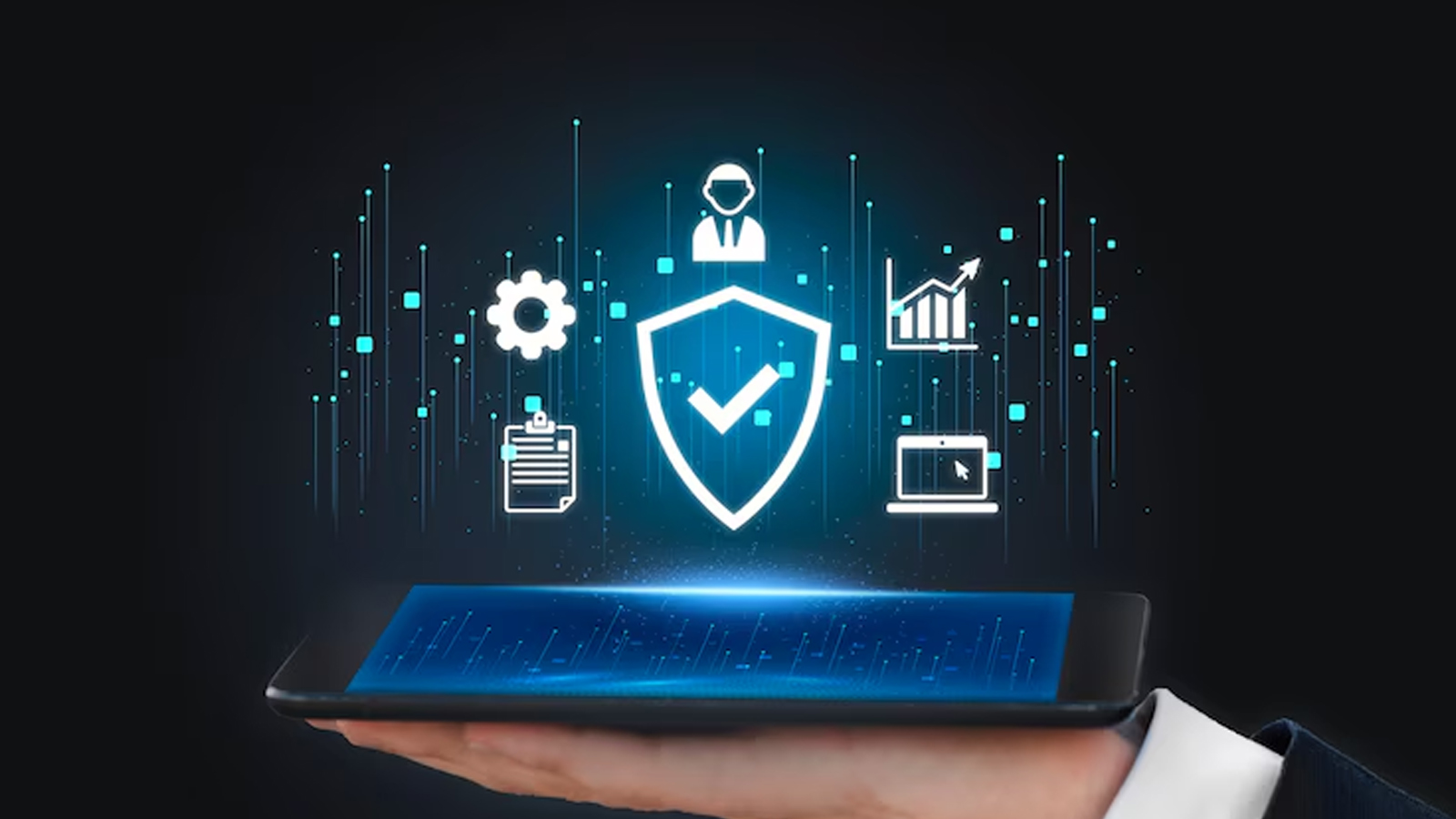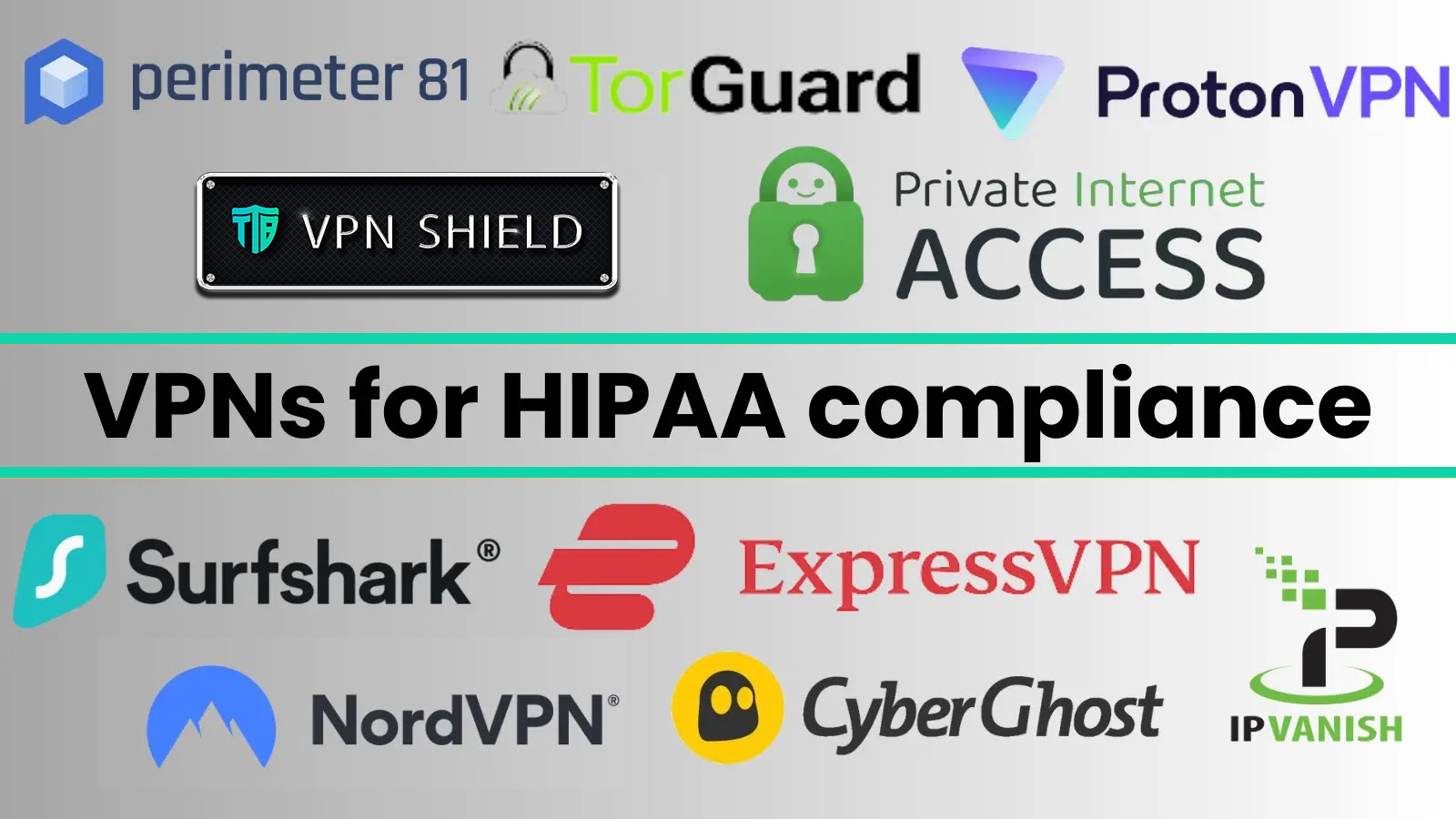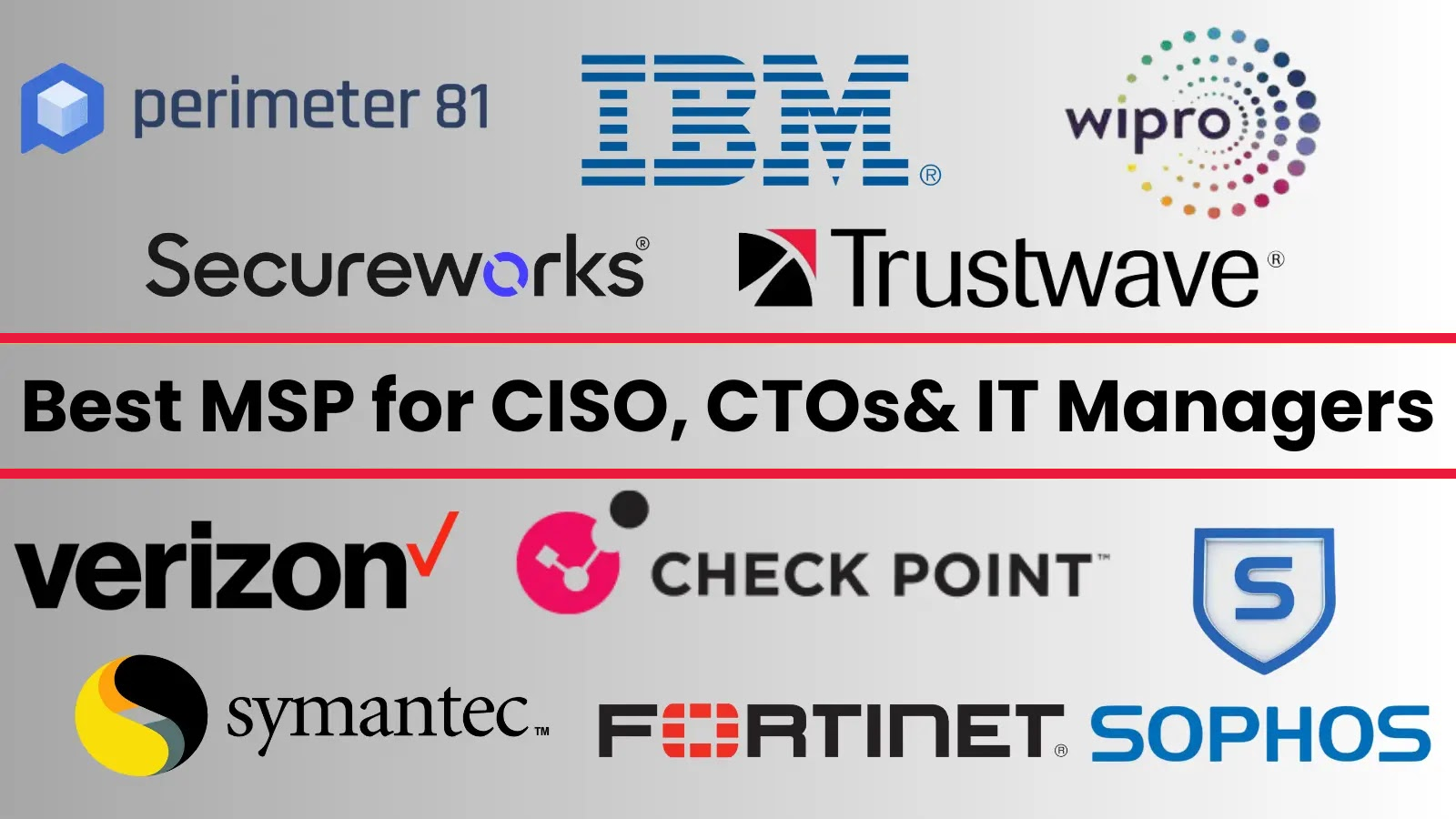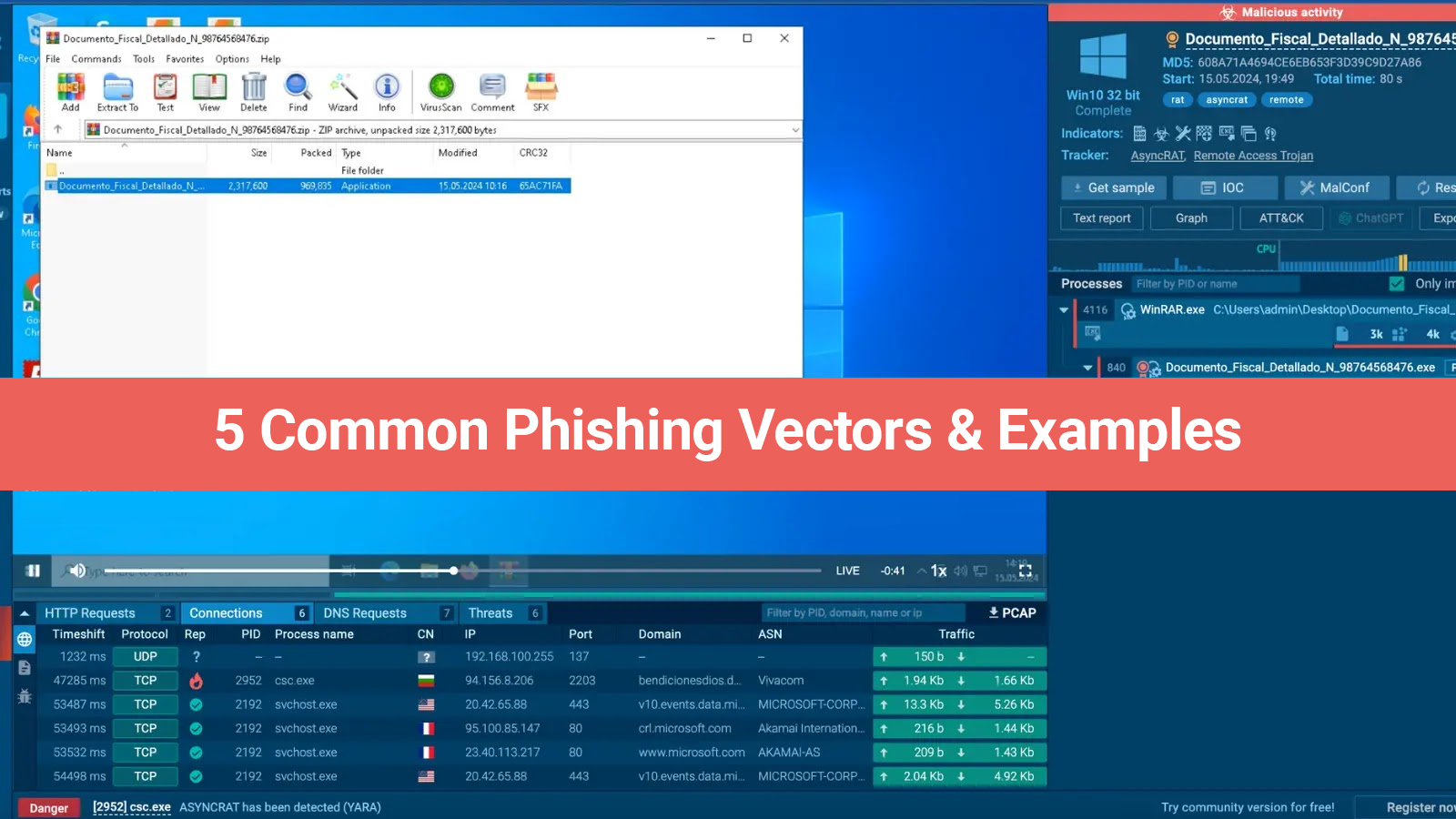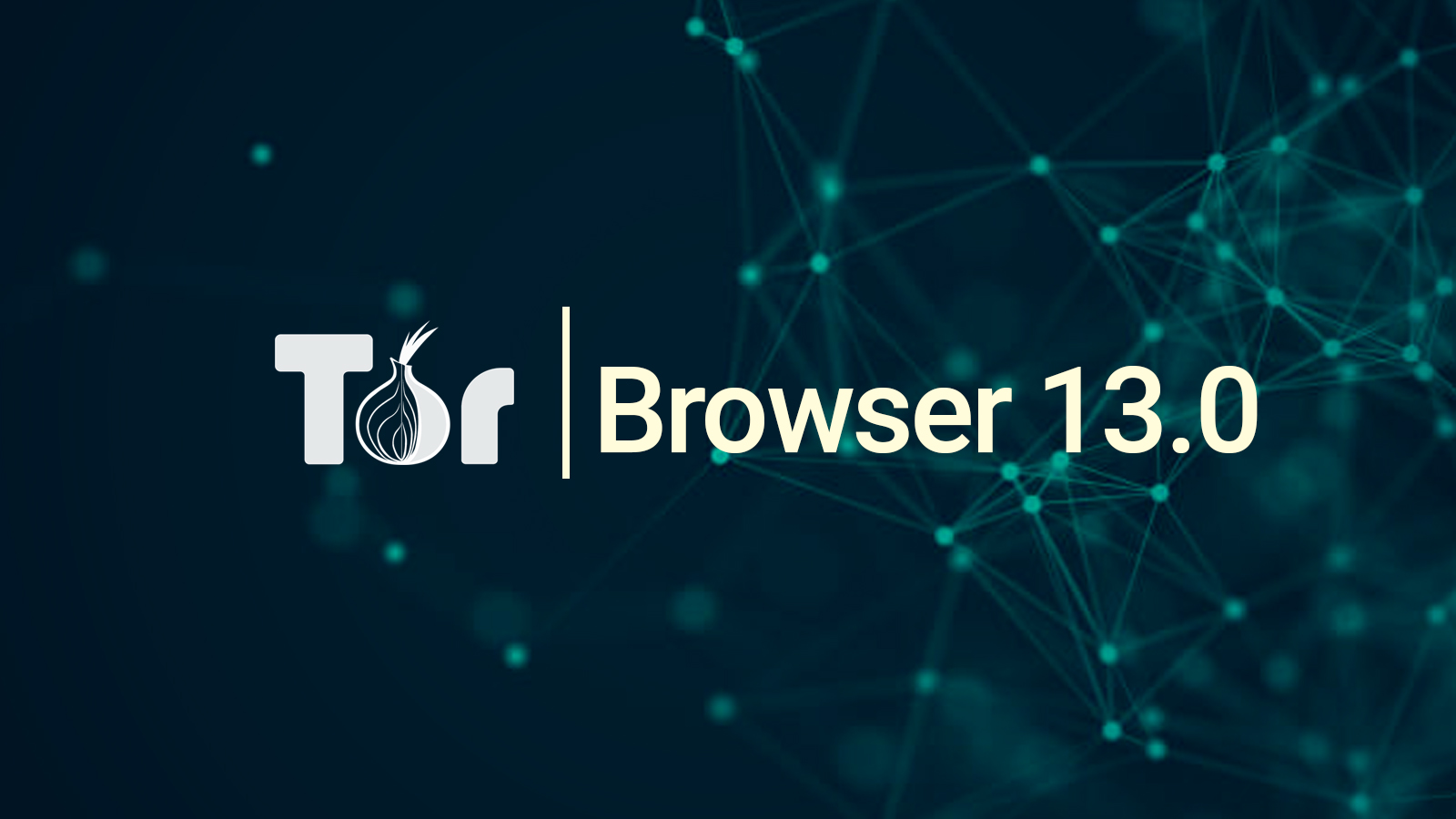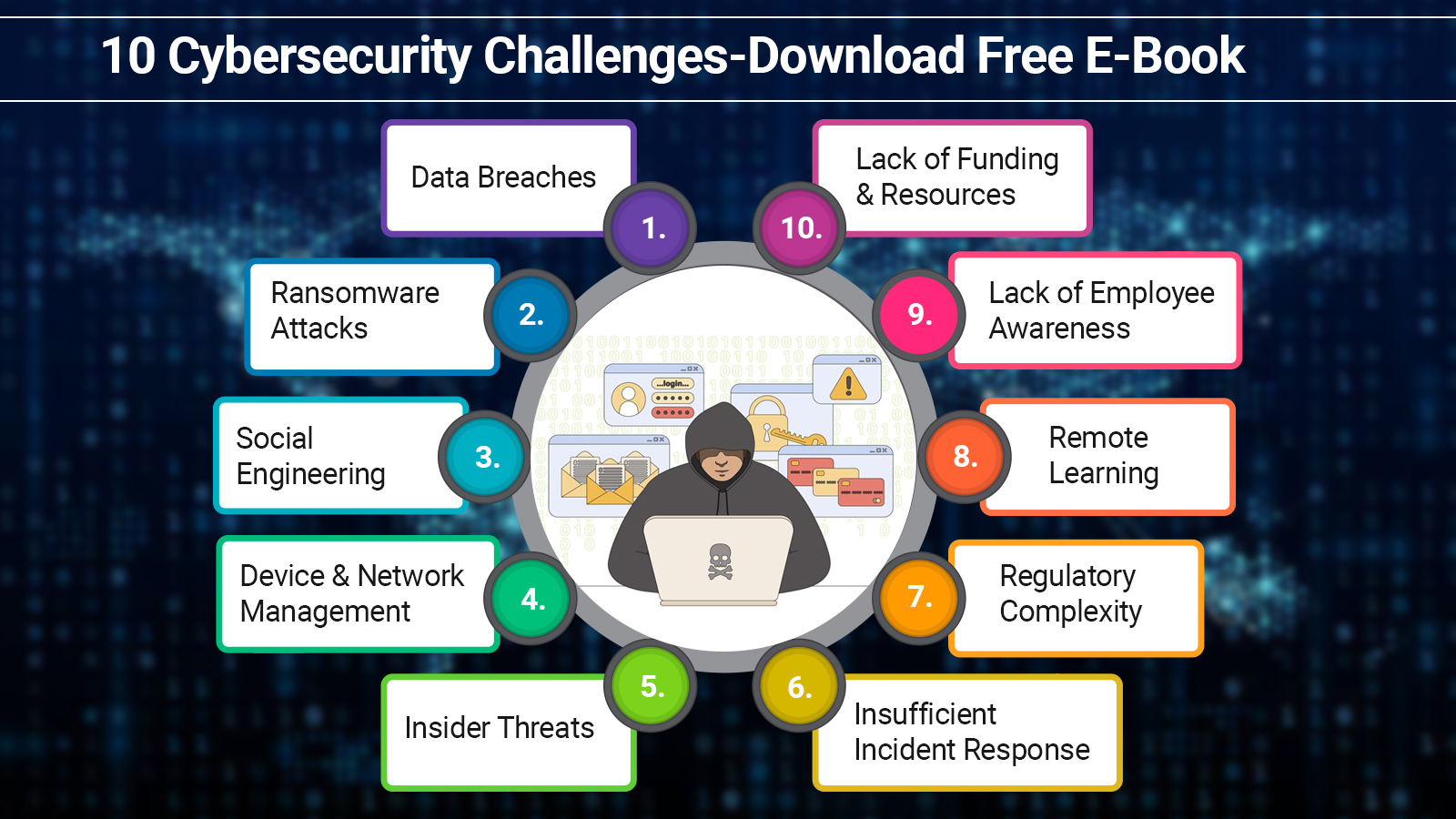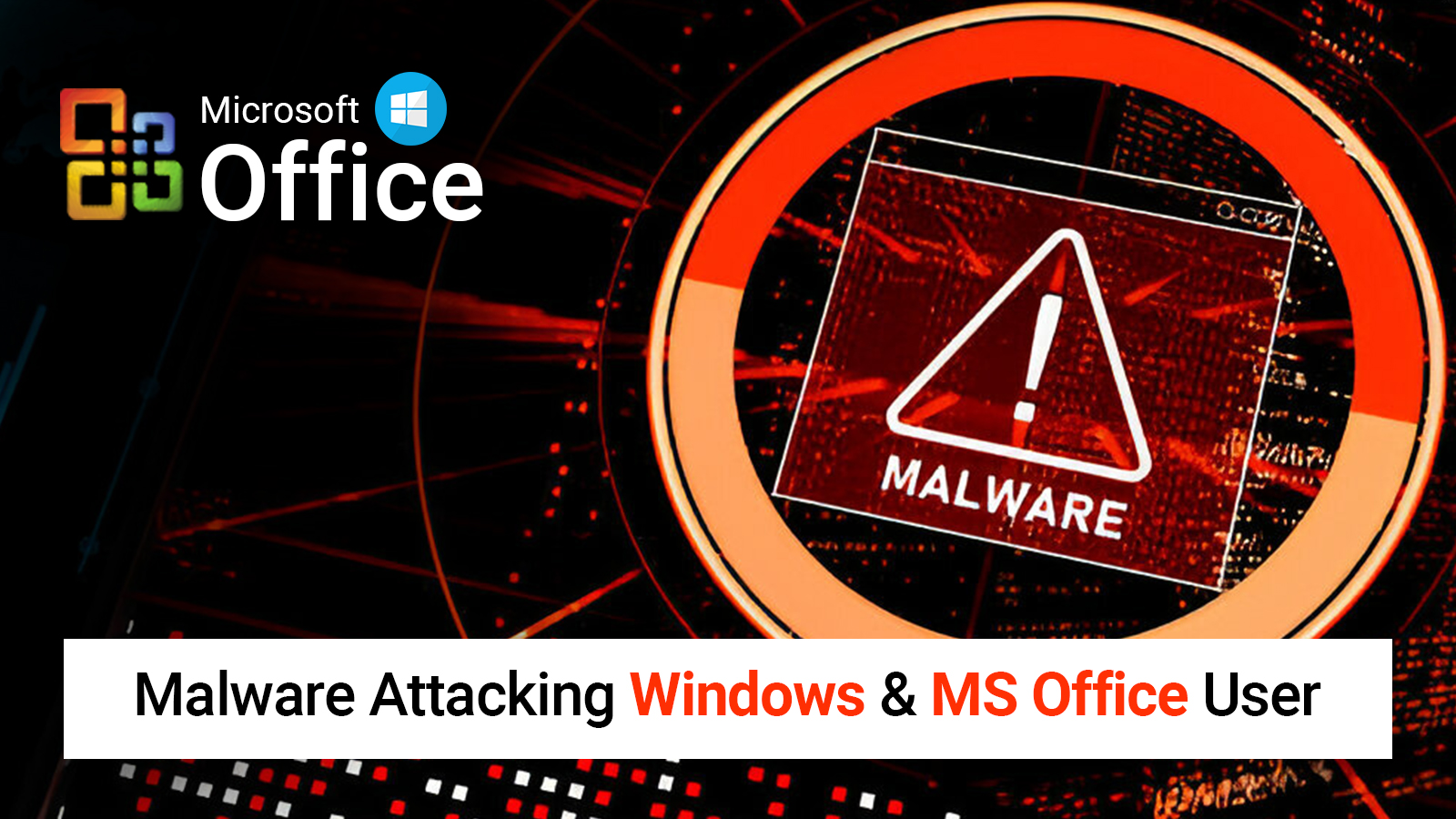Our working methods have evolved. Many office professionals are no longer permanently confined to an office due to the advent of remote and hybrid working. While many individuals find that working from home is a good alternative, others among us prefer to work from different settings, such as coffee shops, cafes, or even unusual spaces like boats or vans.
Additionally, you might want to use your laptop or smartphone to check in with your social media accounts, bank applications, or emails while on the go while traveling for work or vacation. You might do this from an airport, a hotel lobby, or a conference location.
This will probably result in free Wi-Fi being accessible to everyone in the public area you're in. The facility allows patrons to utilize the internet by offering public Wi-Fi, which benefits patrons and may entice them to spend more time in public areas.
Although helpful, public Wi-Fi networks are accessible to everyone, so data exchanged over them isn't as safe as it would be on a network at your house or place of business.
If you're not careful, your login names, passwords, bank account information, and other private information may be in danger. This could be due to an insecure network or a hostile hacker who has set up shop on the same network and is using visible routes to direct data entered by others.
Here are five precautions you can take when using public Wi-Fi to help protect your data from hackers and other privacy-compromising dangers.
How Can I Safely Use Public Wi-Fi?
Follow the tips in this section carefully and you will be able to use public WiFi carefully:
1. Check to Make Sure the Network Is Real
When you look at the Wi-Fi connections that are offered at an airport, you see something called "Free Airport Wi-Fi"—it seems legitimate, doesn't it? Since travelers frequently have to wait in airports, it makes sense to connect a laptop or phone to the internet there rather than paying for personal data usage.
However, how can you be certain that's an airport-provided Wi-Fi network? Given that hundreds of thousands of passengers pass through airports every day, it's plausible that a scammer set up the network in an attempt to deceive unsuspecting victims. There's a possibility that a fraudster might take a lot of data if even a small percentage of them joined up for a phony Wi-Fi network.
And all of this could be accomplished with comparatively basic, store-bought equipment. The person operating the fictitious network may be able to observe what data is being entered with the correct tools, which could result in data theft. It's crucial to confirm if the network is authentic because of this.
It might occasionally be challenging to accomplish this if you are presented with a lengthy list of Wi-Fi networks to connect to. However, the majority of airports will have signage identifying their certified free WiFi network. Verify that the network name you are connected to is the exact one. The name of the appropriate network will be displayed in numerous offices and public areas. Examine this carefully before clicking the "Join" button.
2. Steer Clear of Entering or Accessing Sensitive Data
To use many public Wi-Fi networks, you must register and provide information. Your phone number or email address may be included in this data. Use a secondary email address if you don't want to take the chance that the Wi-Fi provider will keep your information or use it for marketing.
To use the Wi-Fi on some networks, you may additionally need to set up a password. If so, avoid using the same password for any other account, especially if it is associated with your email address. By using that strategy, you may be sure that, in the unlikely event that the passwords are compromised, no one will be able to access any of your other accounts that are connected to your email address.
Additionally, you should be careful about sharing sensitive information on public Wi-Fi networks. If you need to share sensitive information, including bank account information, usernames, or passwords, you should avoid utilizing public networks.
Due to the nature of public Wi-Fi, activities on the network may be viewed by unauthorized users. This is especially true if the website isn't https-secured. But, only because a website starts with https doesn't imply that it's secure; as such, you should use caution when entering any information.
3. When You Quit Using the Network, Forget About It
If you travel a lot, you can find yourself connecting to the same networks at different times. For instance, you might connect when traveling through the airport on both ends of your trip, or you might visit a chain of coffee shops that has sites across the country. Your device may automatically rejoin a network or network provider that it has previously connected to.
You may take the network's security for granted and find it easy to ignore, but things can change between visits. Set your device to forget previously used networks, or at the very least, instruct it not to rejoin to them automatically, to help keep you secure. If you're not sure you want to connect to the network, you can select to manually reconnect.
4. Use a VPN Software
There are situations when accessing a public Wi-Fi network is unavoidable. Using a virtual private network (VPN) is an extra precaution you may take to help keep your information secure, even if you're positive the network is authentic and safe to use.
VPNs offer two essential services to protect and maintain the privacy of your data. They encrypt your info first. Given that public Wi-Fi networks are typically not encrypted, this is helpful. By using a VPN, you can make it more difficult for the network operator to see what information you send and receive, as well as for anyone attempting to use the network maliciously.
In addition, they can mask your IP address, which helps people who require online privacy by concealing their physical location.
A VPN is a helpful tool for anyone who frequently travels or wants to connect to Wi-Fi in public places to be safe online. There are numerous suppliers, and setting up their VPNs is not difficult. You log in and utilize the VPN just like you would any other application when you want to use it.
It may be tempting for you to use a free VPN service. VPNs are meant to protect your privacy, yet some free services ask for pointless permissions or even fail to completely hide your data. Some trustworthy VPN providers may provide limited free options, but overall, their subscription VPN services are more dependable than their free counterparts.
5. Use the Hotspot on Your Phone
There is risk involved in using a public Wi-Fi network, even with measures taken. Using your smartphone's mobile data is an alternative to connecting to public Wi-Fi, though. Using your smartphone's mobile data to access the internet is a safer option than utilizing open Wi-Fi. Additionally, you can tether from your smartphone to turn it into a Wi-Fi hotspot if you wish to connect your laptop to the internet.
As 5G cell phones proliferate and provide customers with far better speeds than a congested public Wi-Fi network, this trend is intensifying. If you decide to connect via hotspot, make sure the connection is locked down with a strong password to prevent unauthorized access.
Another thing to think about is if connecting is necessary at all. It's possible that not every trip to the airport or coffee shop has to include rushing back online. Perhaps spending a few minutes reading a book or sipping coffee will be more beneficial than frantically using any available Wi-Fi to check your email.
The Bottom Line
When using public WiFi networks, put security first by avoiding critical tasks like disclosing personal information or using online banking. Employ a virtual private network (VPN) to keep possible hackers away from your data. Verify the network's legality at all times, make sure automatic WiFi connections are off, and update device security software regularly. To safeguard the integrity of your data and your privacy when utilizing public networks, exercise caution.


